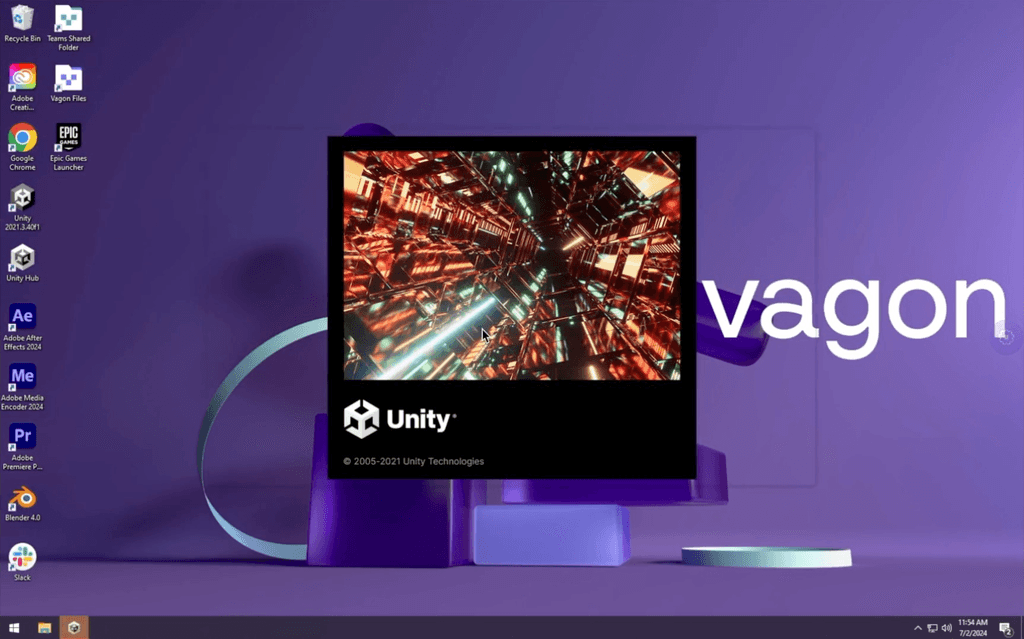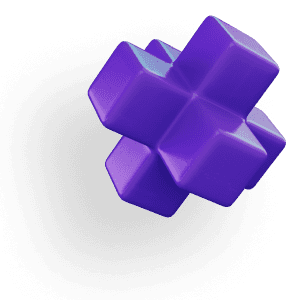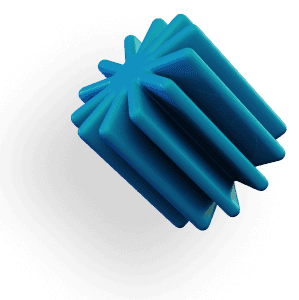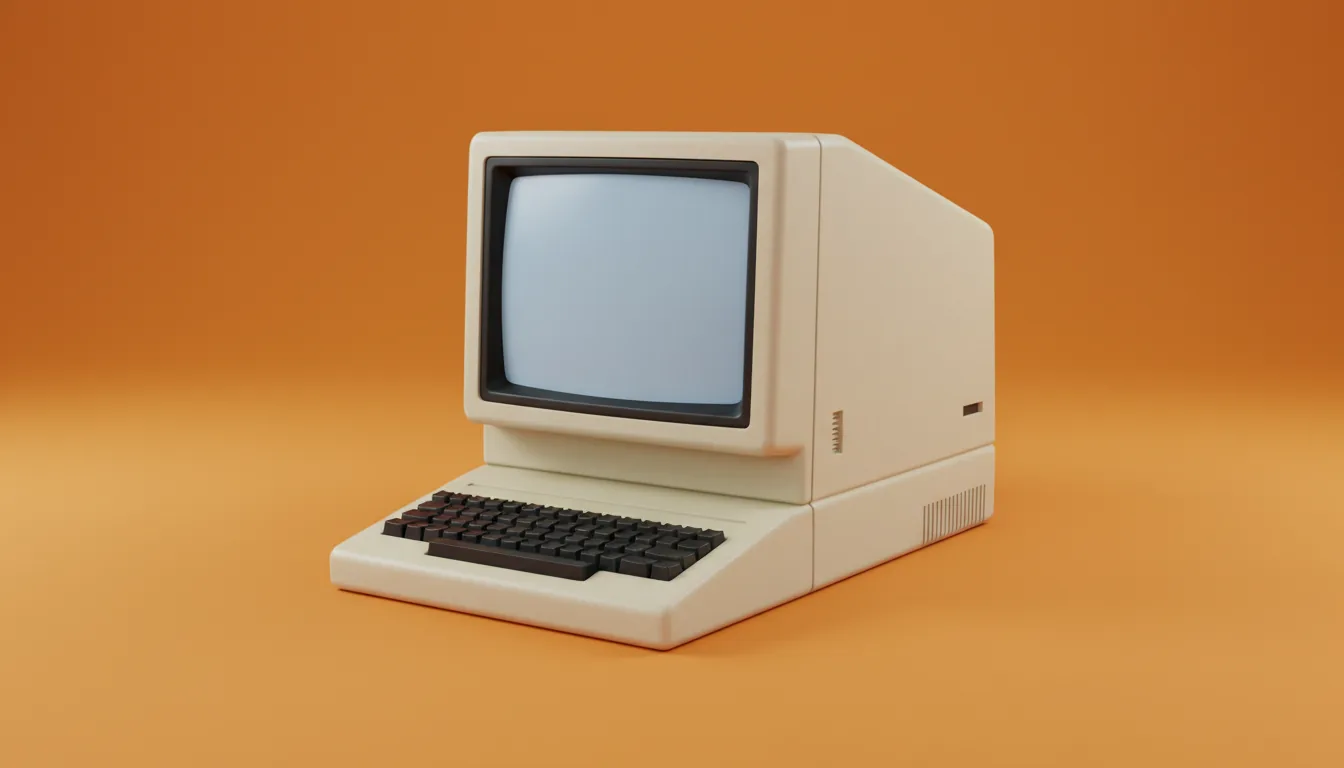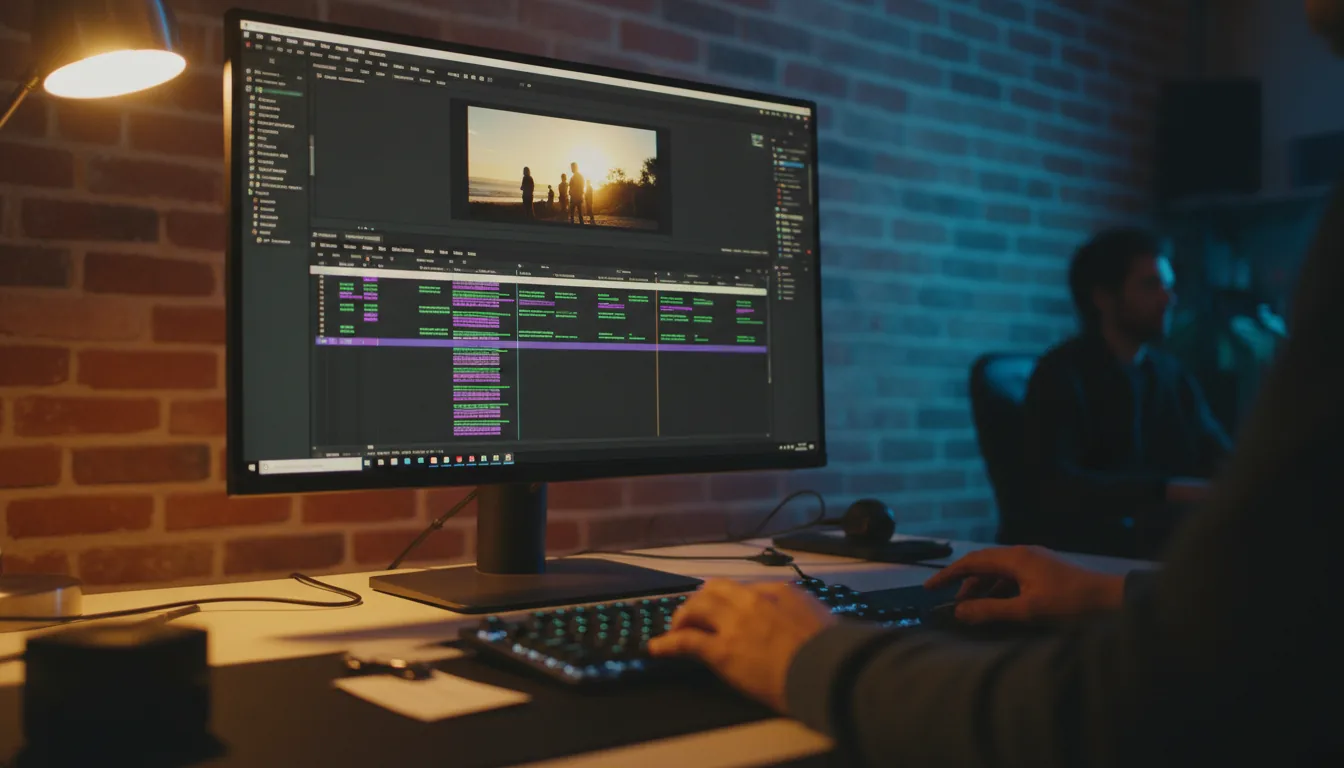HOW TO USE GPU
Autodesk Maya (v.2020 and newer)
Autodesk Maya is a leading software for 3D animation, modeling, and rendering. By enabling GPU acceleration, you can optimize both the viewport and rendering tasks, leading to faster, more efficient workflows. Here's how to activate GPU acceleration and optimize Maya's performance.
How to Enable GPU Acceleration in Maya
Launch Maya
Open the application from the default path:C:\Program Files\Autodesk\Maya20##\bin\maya.exeConfigure Viewport 2.0 for GPU Use

Go to Windows > Settings/Preferences > Preferences.
Under the Display section, set Rendering Engine to DirectX 11 (for Windows systems).
In Viewport 2.0, enable Hardware-accelerated mode for smoother and faster interaction with complex models.
Activate Cached Playback

In the Preferences window, select Cached Playback.
Set Preferred Mode to Viewport Hardware Cache to enhance animation playback by leveraging the GPU.
Turn on GPU Caching

Under the GPU Cache category, ensure that options like UV Coordinates and Ignore UVs on GPU Cache Read/Write are unchecked for optimized caching performance.
These steps will help Maya utilize your GPU effectively, leading to faster scene rendering and smoother interaction with large models.
Top Tips to Speed Up Maya Performance
Update Your GPU Drivers
Make sure your NVIDIA or AMD drivers are up to date. These updates optimize performance for Maya, especially when handling complex shading or heavy scenes in Viewport 2.0.Use GPU Instancing
For scenes with repetitive geometry or animations, enable GPU Instancing. This reduces GPU load by allowing Maya to render instances of objects more efficiently, which is especially helpful for large-scale scenes with many objects.Optimize Viewport Settings
Disable unnecessary viewport effects like Screen-space Ambient Occlusion and Multisample Anti-aliasing when working on complex scenes to free up GPU memory. You can also consolidate geometry with Consolidate World for better performance when handling large numbers of objects.Manage GPU Memory
When working with large projects, reduce the GPU memory footprint by enabling Clamp Texture Resolution or using Alpha Cut Transparency for simpler transparency rendering. Additionally, avoid loading unnecessary textures in the viewport to prevent memory overloads.
Autodesk Maya System Requirements
Minimum Requirements:
Operating System:
Windows: Windows 10 or later.
macOS: macOS 11.x (Big Sur) or later.
Linux: Red Hat Enterprise Linux 8.2, 7.6–7.9 WS; CentOS 8.2, 7.6–7.9; Rocky Linux 8.5.
Processor: 64-bit Intel® or AMD® multi-core processor with SSE4.2 instruction set.
RAM: 8 GB (16 GB or more recommended).
Graphics Hardware: Refer to Maya Certified Hardware for a detailed list of recommended systems and graphics cards.
Disk Space: 7 GB of free disk space for installation.
Pointing Device: Three-button mouse.
Recommended Specifications:
Processor: High-frequency CPU with strong single-thread performance, such as Intel Core i9 or AMD Ryzen 9 series.
RAM: 16 GB or more, especially for handling complex scenes and high-resolution textures.
Graphics Card: NVIDIA RTX series or AMD Radeon Pro series with at least 4 GB VRAM for improved viewport performance and GPU rendering tasks.
Storage: Solid State Drive (SSD) for faster load times and data access.
Monitor Resolution: 1920 x 1080 or higher for a more detailed and expansive workspace.
Meeting these specifications will help you get the most out of Autodesk Maya, ensuring efficient workflows and high-quality outputs. Keep in mind that more complex projects, especially those involving intricate models or extensive animations, will benefit from higher-end hardware configurations.
Top Recommended GPUs for Autodesk Maya

NVIDIA RTX 3090
This top-tier GPU offers 24GB of VRAM, making it ideal for handling highly detailed scenes and large textures in Maya. Its excellent CUDA core count makes it perfect for both viewport performance and rendering tasks.NVIDIA RTX 3080
The RTX 3080 is a solid choice for those who need high performance without the top-end price of the 3090. It excels in rendering, animation, and real-time viewport interaction, handling most professional workloads smoothly.NVIDIA RTX A4000
A great option for professionals, the RTX A4000 offers 16GB of VRAM and strong performance for Maya’s GPU-based tasks, especially for users focused on modeling and interactive workflows.
By following these steps and tips, you can significantly improve Maya’s performance, ensuring smooth handling of complex scenes and faster animations, all while leveraging the full potential of your GPU.
Enjoy Faster Renderings and Workflow with Vagon
When the goal is to cut down rendering times and speeding up your workflow, every second saved is a victory. But what if you could do more than just save a few seconds?
With Vagon’s cloud PCs powered by 48 cores, 4 x 24GB RTX-enabled NVIDIA GPUs and 192GB of RAM, work on your projects faster than ever. It’s easy to use, right in your browser. You can transfer your workspace and files in just a few clicks and try it yourself!
